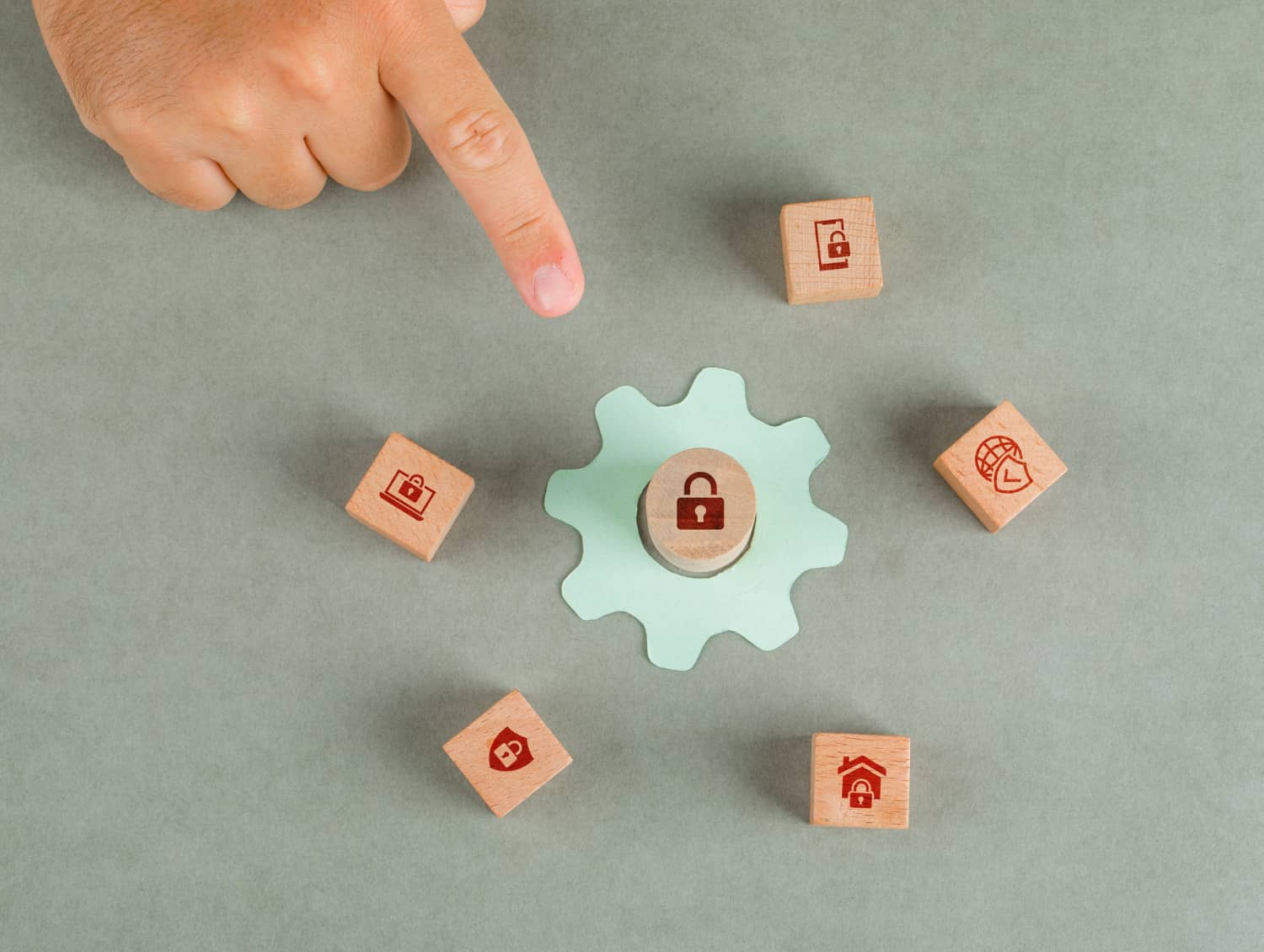
Cybersecurity is no longer a luxury; it’s a necessity. In a groundbreaking move, Gmail has decided to up the ante in the battle for stronger security and implemented a change affecting email senders. But what does this change in email authentication mean for you and the broader digital community? Let’s take a quick look at this and why Gmail’s bold step might be a game-changer.
Gmail’s Change In Authentication
In a move to bolster email security and enhance the user experience, Gmail has introduced a significant change to its email acceptance policy. Specifically, Gmail now mandates that all emails directed to its platform undergo authentication using either DKIM (Domain Keys Identified Mail) or SPF (Sender Policy Framework). It’s crucial to note the emphasis on “or”. Emails can be authenticated using one of the two methods, though employing both is the ideal scenario.
For those unfamiliar with the intricacies of email authentication, it serves as a verification mechanism, ensuring that emails sent from a specific domain are genuine and originate from the stated sender. Think of it as a bank requiring you to confirm your identity before assisting with any requests. Without this proof of identity, your access and capabilities are severely restricted, much like how unauthenticated emails face rejection.
If you’re attempting to reach Gmail users and your email hasn’t been authenticated appropriately, be prepared for rejection. Specifically, Gmail will respond with an error message akin to the one shown below:

DKIM and SPF Authentication Methods
Now, you might wonder why are these authentication methods so crucial. Let’s delve into the details.
DKIM – DKIM, standing for “Domain Keys Identified Mail,” is a protective measure against spam, spoofing, and phishing. When an email has a DKIM key signature, it assures the recipient that the claimed sender and domain genuinely sent the email. In essence, DKIM is like a two-key safety deposit box system, where both keys must match for access.
SPF – SPF ensures that emails are dispatched from authorized mail servers. If you use an email marketing service, they will provide DNS entries. You can add these to your DNS panel, letting them send emails for you. It’s akin to giving someone power of attorney – only those with proper authorization can act on your behalf.
What Lies Ahead?
For those who haven’t yet authenticated their emails, the message is clear: Authenticate Now. Not only does it ensure your emails reach their intended recipients, but it also protects your sender reputation and ensures the security of your communications.

For individual users, this move by Gmail signifies a safer email experience. No longer will you have to sift through potentially harmful emails that might have slipped through the cracks. Emails in your inbox will have undergone stringent authentication checks. This greatly reduces the risk of phishing attacks or malicious content reaching you.
For businesses and marketers, it underscores the importance of ensuring their email practices are up-to-date and compliant. Consequently, those who haven’t already authenticated their emails will need to do so promptly to ensure their communications reach Gmail users. It’s a nudge towards best practices, pushing businesses to prioritize the security of their recipients.
The importance of privacy and security is getting more and more attention these days, for example, with regulations such as GDPR. As for the broader digital community, Gmail’s decision sets a precedent. With one of the largest email platforms taking such a definitive stance on email security, it’s likely that other platforms will follow suit. This collective move towards strict email authentication can significantly reduce cyber threats from emails. It makes the digital space safer for everyone.
Want to know more about email authentication methods?
For a extensive guide on email authentication methods, including DKIM, SPF, and also DMARC, be sure to check out our comprehensive article HERE.